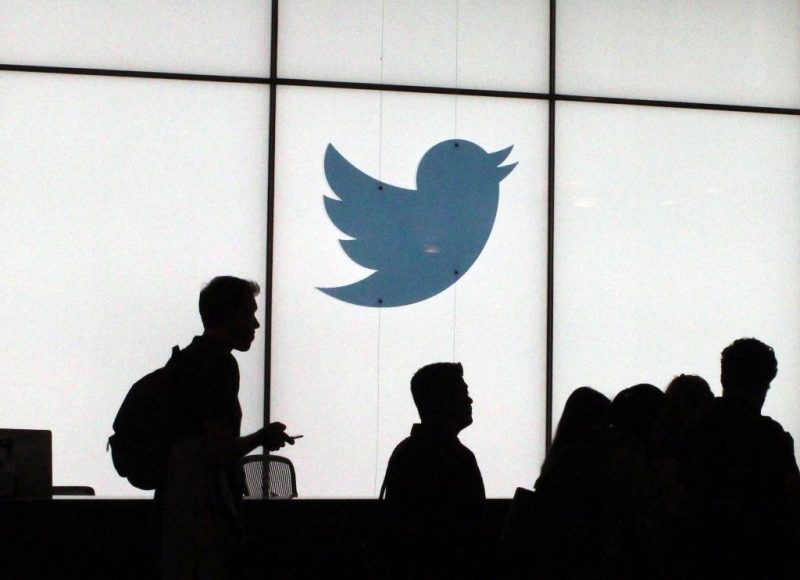First WhatsApp pushed back, now Twitter has accused the Indian government of intimidation, unreasonable censorship and threatening free speech, over its attempts to control social media output
(AF) In the escalating tussle between India and the tech giants, Twitter has now joined the fray over who gets to regulate free speech – government authorities or the social media platforms?
Twitter has accused the India government of “dangerous overreach that is inconsistent with open, democratic principles”, and alleged that it has been forced to “withhold” – block in India – portions of “legitimate free speech” on its platform over fears around the safety of its employees and threats of financial penalties.
Earlier in the week, Delhi Police had visited Twitter’s offices in Delhi and neighbouring Gurgaon, to serve notice after the microblogging site tagged some tweets about an allegation by the opposition Congress party over India’s mishandling of Covid’s deadly second wave, which the government wanted to be removed.
Also on AF: Carbon-polluting firms warned a tidal wave of litigation is coming their way
“We maintain that the content reported in the original order constitutes protected, legitimate free speech under the Indian and international law and we have formally communicated this to the government,” a Twitter statement said.
“Yet, due to the law’s limited scope under Section 69A (of the IT Act) which gives limited room to an intermediary to defend the content, we have been compelled to withhold (block in India) in response to a non-compliance notice. Not doing so poses penal consequences with many risks for Twitter employees.”
The statement came after new rules that came into effect from Wednesday deemed Twitter to be ‘non-compliant’. The rules mandated large social media platforms – with over 5 million users – like Twitter, Facebook, Instagram, Twitter and WhatsApp to remove any content flagged by authorities within 36 hours.
LEGAL BACKLASH
These rules though are already proving troublesome and have sparked a backlash – Facebook-owned WhatsApp, for instance, sued the Indian government on Tuesday for exceeding its legal powers by enacting rules that will force the messaging app to break its end-to-end message encryption.
“Civil society and technical experts around the world have consistently argued that a requirement to ‘trace’ private messages would break end-to-end encryption and lead to real abuse, WhatsApp is committed to protecting the privacy of people’s personal messages and we will continue to do all we can within the laws of India to do so,” WhatsApp said, justifying the lawsuit.
“The rules violate the fundamental right to freedom of speech and expression, as it chills even lawful speech,” WhatsApp added.
Twitter though, on Wednesday, said it advocated changes to elements of IT rules and would request the authorities to consider a minimum of three months extension for compliance, before suddenly making a U-turn on Thursday.
SILENCE CRITICISM
The microblogging giant has been battling with the Indian government since February after the technology ministry asked it to block content alleging Modi’s administration was trying to silence criticism related to farmer protests in the country.
In April, Twitter had to comply with India’s order to remove tweets critical of the government’s handling of the virus, or else it could have meant jail term for Twitter’s employees in India, the blogging platform had said.
Twitter also said that India has made over 5,000 legal demands for content removal between January and June 2020.
That’s more than double the removal requests made by its neighbours Pakistan (1,325 demands) and China (222 demands) combined.
COURT ORDERS
Besides, with over 1,200 court orders for blocking posts, India now features among the top five countries in the world asking Twitter to remove or block content.
Clearly, there is reason to worry because such an escalation is likely to have a negative impact on social media usage and freedom in India, Twitter argues.
India’s IT ministry, though, has slammed Twitter over Thursday’s statement and says that Twitter is attempting to “dictate terms to the world’s largest democracy”.
Asserting that representatives of social media companies, including Twitter, “are and will always remain safe in India”, the ministry added that there is “no threat to their personal safety and security”.
On the contrary, the ministry added, that the only limits on free speech on Twitter come from Twitter itself and its opaque policies that, it says, have suspended users’ accounts and deleted tweets arbitrarily without recourse in the past.
‘DUBIOUS SYMPATHY’
In a statement, the Delhi Police also said: “Twitter’s latest statements are devised to seek dubious sympathy when they themselves not only refuse to comply with the law of the land but also claim to be in possession of material evidence but refuse to share it with legal authorities.”
But as India moves to limit the power of tech companies with a scale and ferocity not seen before, experts say India should focus on robust data protection laws and ensuring cyber-security rather than censoring the internet.
“We need laws, rules and government actions that are designed to safeguard our fundamental rights online – not measures that force technology firms to cohabit with political repression and the suppression of criticism and fact-checking,” said Raman Jit Singh Chima, the Asia Policy Director and Senior International Counsel at Access Now.
Read more:
WhatsApp sues India over new ‘message origin’ rules
India demands removal of posts that say “Indian variant” of Covid
























